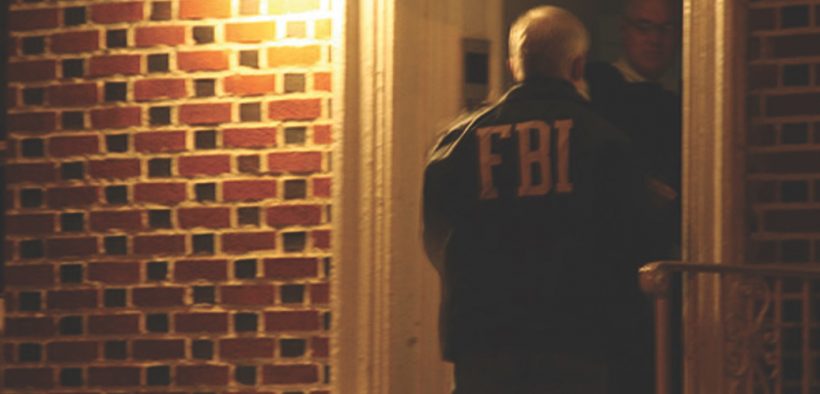‘Richard Jewell’: A Cautionary Tale on Public Scrutiny

As depicted in the film, the FBI allegedly pressured Jewell to confess to the crime, while dismissing physical evidence that indicated he couldn’t have done it.
The new film, Richard Jewell, is based on a true story about the wrongfully accused security guard at the 1996 Olympic Games in Atlanta, Georgia. Is it a revelation on the nature of public scrutiny, media, and the dubious competence of the FBI?
Directed by veteran actor and director Clint Eastwood, the film stars Paul Walter Hauser (I, Tonya) as Jewell, along with Oscar winners Sam Rockwell (Three Billboards Outside Ebbing, Missouri) as his attorney Watson Bryant, and Kathy Bates (Misery) as Bobbi Jewell, the mother of the wrongfully accused man. The script was written by Oscar-nominated screenwriter Billy Ray (The Hunger Games, Captain Phillips).
Jewell was a 33-year-old who’d been dismissed from jobs as a campus police officer and sheriff’s deputy, when he discovered a bomb in Atlanta’s Centennial Park during the 1996 Summer Olympic games. He helped evacuate the area, but the device would explode and cause two deaths and injure 111 people. Jewel would ultimately find himself as a prime suspect, but would be cleared of wrongdoing after intense public scrutiny.
The scrutiny began when the FBI prematurely leaked their investigation to the media, which was covered in the Atlanta Journal Constitution three days later, accurately reporting that the FBI was considering Jewell a suspect.
As depicted in the film, the FBI allegedly pressured Jewell to confess to the crime, while dismissing physical evidence that indicated he couldn’t have done it.
The new film has also courted controversy for its portrayal of Atlanta Journal Constitution journalist Kathy Scruggs (played by Olivia Wilde in the film) offering the lead FBI investigator (Jon Hamm) a sexual favor in exchange for a tip on their investigation of Jewell. The staff of Atlanta Journal Constitution has vehemently denied this claim and demanded the film have a disclaimer stating some incidents onscreen were fictionalized.
Indeed, the movie is reportedly based on a 1997 Vanity Fair article, “American Nightmare,” and a recently published nonfiction book, “The Suspect”. The movie scene where Scruggs trades sexual favors for a scoop did not appear in either the article, by Marie Brenner, or the book, written by Kent Alexander.
In our age of cancel culture, public scrutiny (particularly through social media), as well as whistleblowing on the government, Richard Jewell is relevant two decades after the events that it’s based on. Moviegoers will see how injustice can spin out of control, based solely on hype in the media—and the toll it takes on an innocent person’s life.
After Jewell was exonerated in 1996, he would go on to file lawsuits against the media outlets that he said had libeled him, primarily NBC News and The Atlanta Journal-Constitution. He insisted it was not for money, but to clear his name.
Despite the film’s controversy surrounding a fictitious plot twist, it has received generally positive reviews from critics, and was chosen by the National Board of Review as one of the ten best films of the year.
Richard Jewell opens in theaters Friday, December 13.







